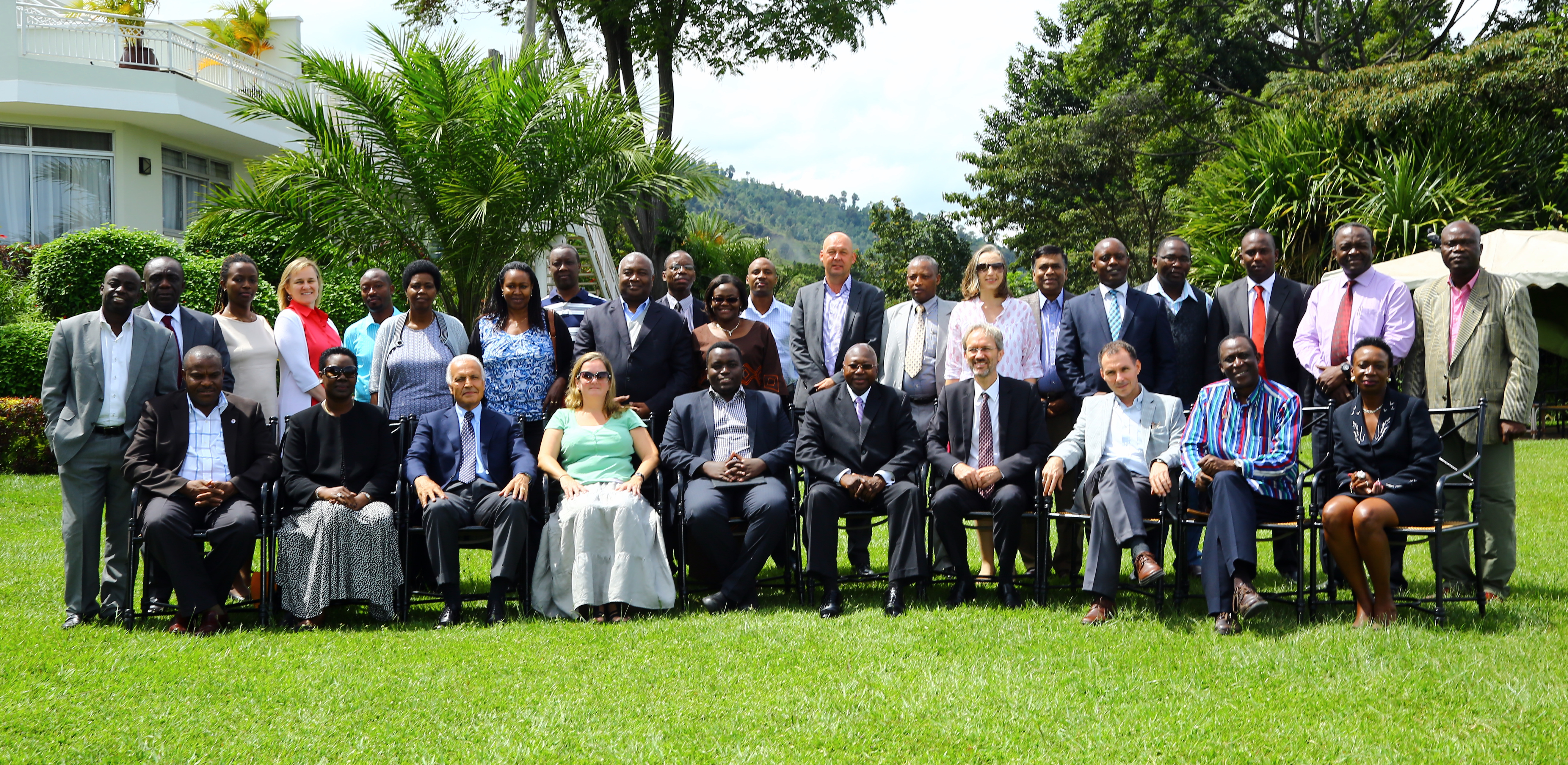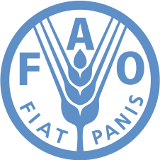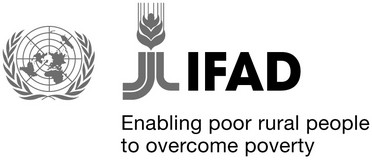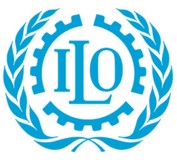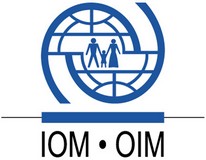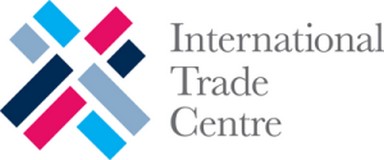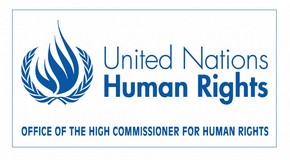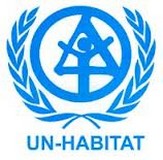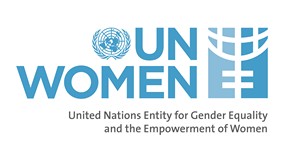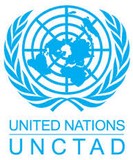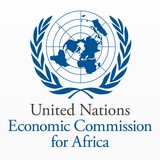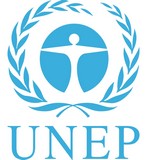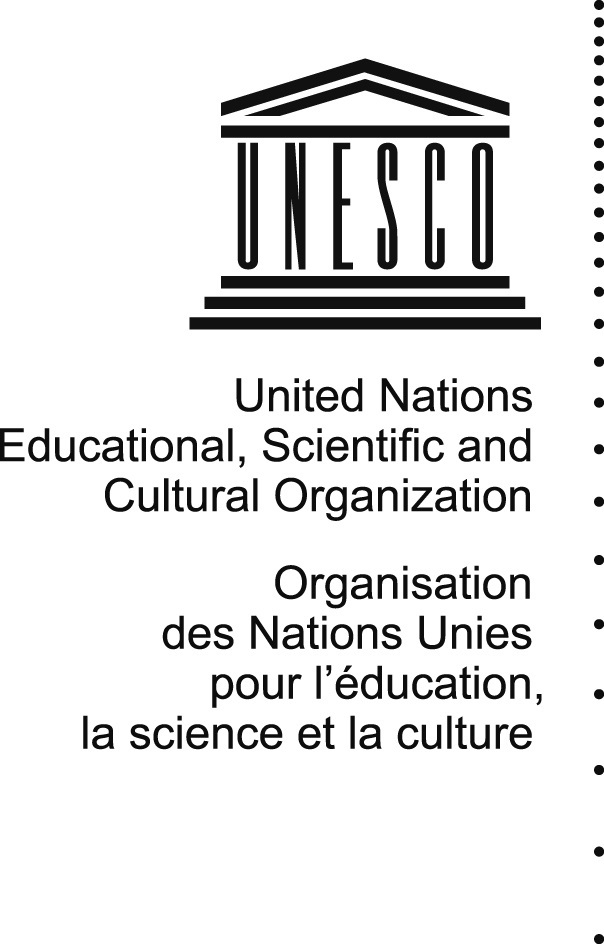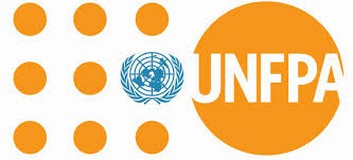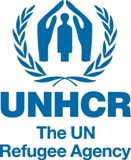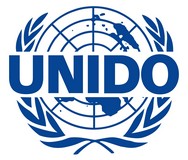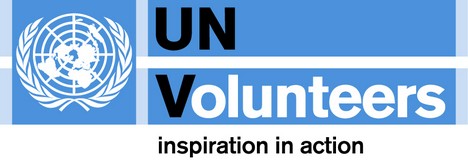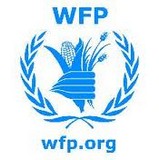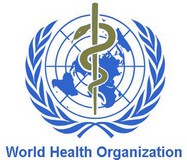UN Agencies in Rwanda
The UN Country Team is composed of representatives of all the UN entities that have activities in the country, including UN funds,
programmes, and specialized agencies.

The Food and Agriculture Organization of the United Nations (FAO) is a specialized agency whose goal is to build a world free of hunger, for present and future generations. Serving both developed and developing countries, FAO acts as a neutral forum where all nations meet as equals to negotiate agreements and debate policy. FAO is also a source of knowledge and information. We help developing countries and countries in transition to modernize and improve agriculture, forestry and fisheries practices and ensure good nutrition for all. Since the founding in 1945, FAO has been the lead agency for interventions in agriculture, livestock, forestry, fisheries and rural development. FAO has 187 Member Nations plus a member organization, the European Community. FAO has been present in Rwanda since 1985.
The International Fund for Agricultural Development (IFAD), a specialized agency of the United Nations, was established as an international financial institution in 1977 as one of the major outcomes of the 1974 World Food Conference. The conference was organized in response to the food crises of the early 1970s that primarily affected the Sahelian countries of Africa. It resolved that "an International Fund for Agricultural Development should be established immediately to finance agricultural development projects primarily for food production in the developing countries." One of the most important insights emerging from the conference was that the causes of food insecurity and famine were not so much failures in food production but structural problems relating to poverty, and to the fact that the majority of the developing world's poor populations were concentrated in rural areas.
The International Labour Organization (ILO) is devoted to promoting social justice and internationally recognized human and labour rights, pursuing its founding mission that labour peace is essential to prosperity. Today, the ILO helps advance the creation of decent work and the economic and working conditions that give working people and business people a stake in lasting peace, prosperity and progress. Its tripartite structure provides a unique platform for promoting decent work for all women and men. Its main aims are to promote rights at work, encourage decent employment opportunities, enhance social protection and strengthen dialogue on work-related issues.
Established in 1951, The International Organization for Migration (IOM) is the leading inter-governmental organization in the field of migration and works closely with governmental, intergovernmental and non-governmental partners. With 155 member states, a further 11 states holding observer status and offices in over 100 countries, IOM is dedicated to promoting humane and orderly migration for the benefit of all. It does so by providing services and advice to governments and migrants.
The International Trade Centre (ITC) is the joint agency of the World Trade Organization and the United Nations. Our aim is for businesses in developing countries to become more competitive in global markets, speeding economic development and contributing to the achievement of the United Nations’ Millennium Development Goals.
The Office of the High Commissioner for Human Rights (OHCHR) is mandated to promote and protect the enjoyment and full realization, by all people, of all rights established in the Charter of the United Nations and in international human rights laws and treaties. OHCHR is guided in its work by the mandate provided by the General Assembly in resolution 48/141, the Charter of the United Nations, the Universal Declaration of Human Rights and subsequent human rights instruments, the Vienna Declaration and Programme of Action the 1993 World Conference on Human Rights, and the 2005 World Summit Outcome Document. The mandate includes preventing human rights violations, securing respect for all human rights, promoting international cooperation to protect human rights, coordinating related activities throughout the United Nations, and strengthening and streamlining the United Nations system in the field of human rights. In addition to its mandated responsibilities, the Office leads efforts to integrate a human rights approach within all work carried out by United Nations agencies.
Established in 1978, The United Nations Human Settlement Programme (UN-HABITAT) is mandated by the UN General Assembly to promote socially and environmentally sustainable towns and cities with the goal of providing adequate shelter for all. UN-HABITAT fights urban poverty and the scourge of climate change due to poor urban planning. It's work is to improve the lives of at least 100 million slum dwellers by the year 2020, Target 11, Millennium Development Goal No. 7, and Target 10 which calls for the reduction by half of the number without sustainable access to safe drinking water.
UN Women is the UN organization dedicated to gender equality and the empowerment of women. The agency was created in July 2010 by the United Nations General Assembly, in an historic step in accelerating the Organization’s goals on gender equality and the empowerment of women. The creation of UN Women came about as part of the UN reform agenda, bringing together resources and mandates for greater impact.
The Joint United Nations Programme on HIV and AIDS (UNAIDS) is the main advocate for accelerated, comprehensive and coordinated global action on the HIV/AIDS epidemic.
The mission of UNAIDS is to lead, strengthen and support an expanded response to HIV and AIDS that includes preventing transmission of HIV, providing care and support to those already living with the virus, reducing the vulnerability of individuals and communities to HIV and alleviating the impact of the epidemic. UNAIDS seeks to prevent the HIV/AIDS epidemic from becoming a severe pandemic.
The original United Nations Capital Development Fund (UNCDF) mandate from the UN General Assembly (UNGA) is to “assist developing countries in the development of their economies by supplementing existing sources of capital assistance by means of grants and loans” (General Assembly Resolution 2186, 13 December 1966). The mandate was modified in 1973 to serve first and foremost but not exclusively the LDCs. UNCDF has a unique financial mandate within the UN system. It provides investment capital and technical support to both the public and the private sector. The ability to provide capital financing -- in the forms of grants, soft loans and credit enhancement – and the technical expertise in preparing portfolios of sustainable and resilient capacity building and infrastructure projects, makes its mandate a very useful complement to the mandates of other UN agencies. It also positions UNCDF as an early stage investor to de-risk opportunities that can later be scaled up by institutional financial partners and increasingly by philanthropic foundations and private sector investors.
The United Nations Conference on Trade and Development (UNCTAD), which is governed by its 194 member States, is the United Nations body responsible for dealing with development issues, particularly international trade – the main driver of development. Its work can be summed up in three words: think, debate, and deliver. Reflection on development is at the heart of UNCTAD’s work. It produces often-innovative analyses that form the basis for recommendations to economic policymakers. The aim is to help them take informed decisions and promote the macroeconomic policies best suited to ending global economic inequalities and to generating people-centred sustainable development. UNCTAD is also a forum where representatives of all countries can freely engage in dialogue and discuss ways to establish a better balance in the global economy.
The United Nations Development Programme (UNDP) is the UN’s global development network, advocating for change and connecting countries to knowledge, experience and resources to help people build a better life. We are on the ground in 177 countries and territories, working with governments and people on their own solutions to global and national development challenges.IN Rwanda UNDP works in the areas of Governance, Poverty and Environment in alignment with EDPRS2 and Vision 2020.
The United Nations Economic Commission for Africa (UNECA) was established by the Economic and Social Council (ECOSOC) of the United Nations (UN) in 1958 as one of the UN's five regional commissions, UNECA's mandate is to promote the economic and social development of its member States, foster intra-regional integration, and promote international cooperation for Africa's development. Made up of 54 member States, and playing a dual role as a regional arm of the UN and as a key component of the African institutional landscape, UNECA is well positioned to make unique contributions to address the Continent’s development challenges.
The United Nations Environment Programme (UNEP), established in 1972, is the voice for the environment within the UN System. UNEP acts as a catalyst, advocate, educator and facilitator to promote the wise use and sustainable development of the global environment. UNEP's Mandate is "to be the leading global environmental authority that sets the global environmental agenda, that promotes the coherent implementation of the environmental dimensions of sustainable development within the United Nations system and that serves as an authoritative advocate for the global environment".
In 1945, The United Nations Educational, Scientific and Cultural Organisation (UNESCO) was created in order to respond to the firm belief of nations, forged by two world wars in less than a generation, that political and economic agreements are not enough to build a lasting peace. Peace must be established on the basis of humanity’s moral and intellectual solidarity. UNESCO strives to build networks among nations that enable this kind of solidarity, by: Mobilizing for education: so that every child, boy or girl, has access to quality education as a fundamental human right and as a prerequisite for human development; Building intercultural understanding: through protection of heritage and support for cultural diversity. UNESCO created the idea of World Heritage to protect sites of outstanding universal value; Pursuing scientific cooperation: such as early warning systems for tsunamis or trans-boundary water management agreements, to strengthen ties between nations and societies; Protecting freedom of expression: an essential condition for democracy, development and human dignity. In countries like Rwanda, UNESCO achieves these goals by mobilising for education, pursuing scientific cooperation, building inter-cultural understanding, and protecting freedom of expression. UNESCO activities in Rwanda is coordinated by the UNESCO Regional Office for Eastern Africa based in Nairobi.
The main goal of the United Nations Population Fund (UNFPA) is to advance and advocate for reproductive health and rights, gender and population development in Rwanda. UNFPA’s seventh cycle of assistance to the Government of Rwanda started in July 2013 and will end in 2018. The country programme is based on the Programme of Action of the International Conference on Population and Development (ICPD) and was designed in the context of the UN Delivering as One process. It is aligned to the Government of Rwanda Economic Development and poverty Reduction Strategy (EDPRS II) and the UN Development Assistance Plan (UNDAP).
The Office of the United Nations High Commissioner for Refugees (UNHCR) was established on December 14, 1950 by the United Nations General Assembly. The agency is mandated to lead and co-ordinate international action to protect refugees and resolve refugee problems worldwide. Its primary purpose is to safeguard the rights and well-being of refugees. It strives to ensure that everyone can exercise the right to seek asylum and find safe refuge in another State, with the option to return home voluntarily, integrate locally or to resettle in a third country. It also has a mandate to help stateless people. In more than six decades, the agency has helped tens of millions of people restart their lives. Today, a staff of some 7,685 people in more than 125 countries continues to help some 33.9 million persons .
United Nations Children's Fund (UNICEF) is the driving force that helps build a world where the rights of every child are realized, especially the most disadvantaged. We believe that nurturing and caring for children are the cornerstones of human progress.
In Rwanda since 1986, UNICEF is guided by the Convention on the Rights of the Child to advocate for the protection of children's rights, to help meet their basic needs and to expand their opportunities to reach their full potential.
The United Nations Industrial Development Organization (UNIDO) is the specialized agency of the United Nations that promotes industrial development for poverty reduction, inclusive globalization and environmental sustainability in developing countries and economies in transition. The Organization draws on four mutually reinforcing categories of services: technical cooperation, analytical and policy advisory services, standard setting and compliance, and a convening function for knowledge transfer and networking. UNIDO’s vision is a world where economic development is sustainable and economic progress is equitable. The Organization focuses on three main thematic areas: Poverty reduction through productive activities, Trade capacity-building, Energy and environment.
The United Nations Volunteers (UNV) programme is the UN organization that contributes to peace and development through volunteerism worldwide. UNV contributes to peace and development by advocating for recognition of volunteers, working with partners to integrate volunteerism into development programming, and mobilizing an increasing number and diversity of volunteers, including experienced UN Volunteers, throughout the world. UNV embraces volunteerism as universal and inclusive, and recognizes volunteerism in its diversity as well as the values that sustain it: free will, commitment, engagement and solidarity. Based in Bonn, Germany, UNV is active in around 130 countries every year. UNV, with Field Units in 86 countries, is represented worldwide through the offices of the United Nations Development Programme (UNDP) and reports to the UNDP Executive Board.
The World Food Programme (WFP) is the world's largest humanitarian agency fighting hunger worldwide. Born in 1961, WFP pursues a vision of the world in which every man, woman and child has access at all times to the food needed for an active and healthy life. WFP has been present in Rwanda since 1972.
The World Health Organization (WHO) is the directing and coordinating authority for health within the United Nations system. It is responsible for providing leadership on global health matters, shaping the health research agenda, setting norms and standards, articulating evidence-based policy options, providing technical support to countries and monitoring and assessing health trends. In the 21st century, health is a shared responsibility, involving equitable access to essential care and collective defence against transnational threats.
Press Center
Contact Us
- PoBox : 445 Kigali, Rwanda
- Location : 12, Avenue l'armee
To view on Google map, click here - Phone: +250 252 590 403
+250 252 578 439 - Email: rcoffice.rw@one.un.org

